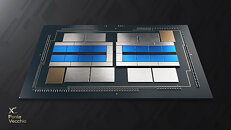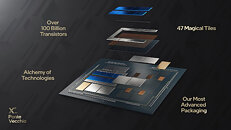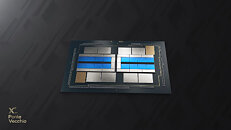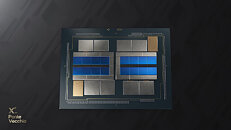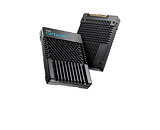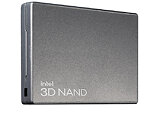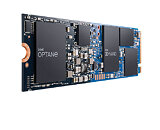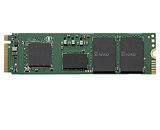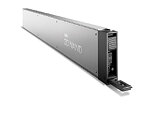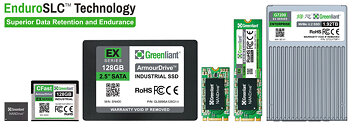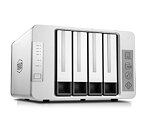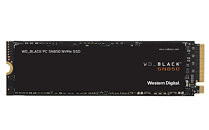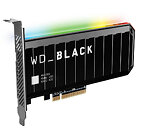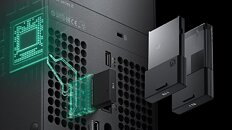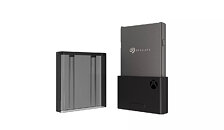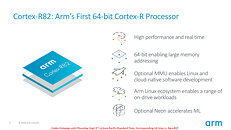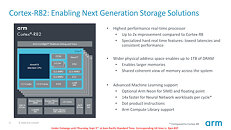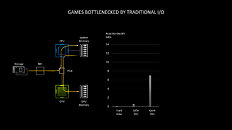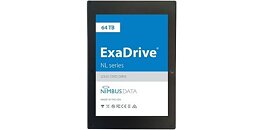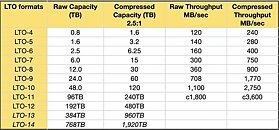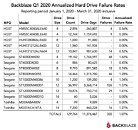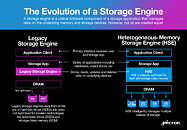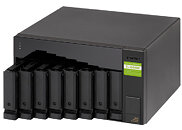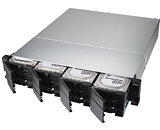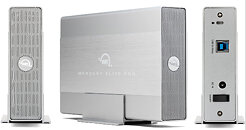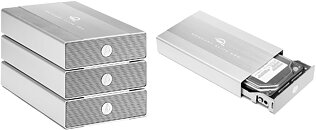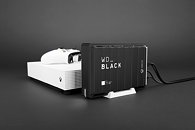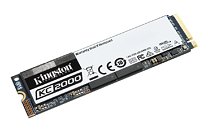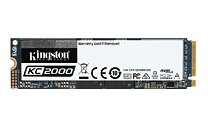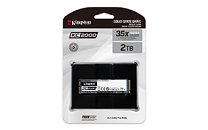
Seagate Introduces Groundbreaking Exos CORVAULT Hardware-Based Self-Healing Block Storage System
Seagate, a world leader in data storage infrastructure solutions, launched a uniquely intelligent category of mass-capacity storage designed to streamline data management and reduce human intervention for macro edge and data center environments. The new Exos CORVAULT high-density storage system offers SAN-level performance built on Seagate's breakthrough storage architecture that combines the sixth generation VelosCT ASIC, ADAPT erasure code data protection, and Autonomous Drive Regeneration.
Designed on the Seagate Exos 4U106 12 Gb/s platform, CORVAULT offers "five nines" availability (99.999%) helping to deliver consistently high reliability. The maximum-density 4U chassis accommodates 106 drives in only seven inches (18 cm) of rack space. It is tuned to maximize drive performance by protecting against vibrational and acoustic interference, heat, and power irregularities.
Designed on the Seagate Exos 4U106 12 Gb/s platform, CORVAULT offers "five nines" availability (99.999%) helping to deliver consistently high reliability. The maximum-density 4U chassis accommodates 106 drives in only seven inches (18 cm) of rack space. It is tuned to maximize drive performance by protecting against vibrational and acoustic interference, heat, and power irregularities.





